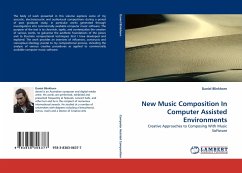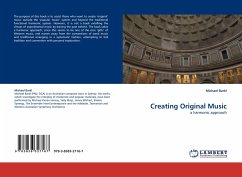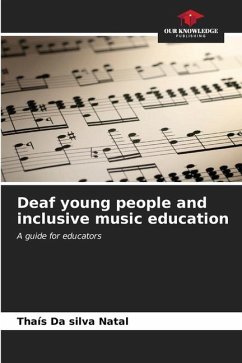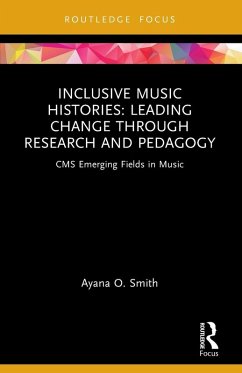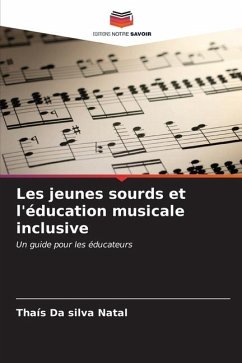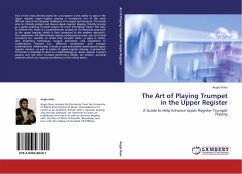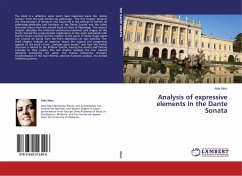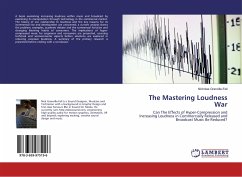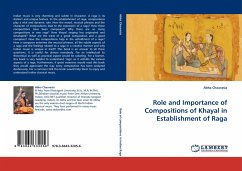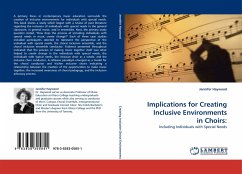
Implications for Creating Inclusive Environments in Choirs:
Including Individuals with Special Needs
Versandkostenfrei!
Versandfertig in 6-10 Tagen
39,99 €
inkl. MwSt.

PAYBACK Punkte
20 °P sammeln!
A primary focus in contemporary music education surrounds the creation of inclusive environments for individuals with special needs. This book shares a study which began with a review of past literature regarding the inclusion of individuals with special needs in the general classroom, in general music, and in ensembles. Next, the primary study question stated, "How does the process of including individuals with special needs in music create change?" Each of three case studies included participants selected to represent the perspective of the individual with special needs, the choral inclusion...
A primary focus in contemporary music education surrounds the creation of inclusive environments for individuals with special needs. This book shares a study which began with a review of past literature regarding the inclusion of individuals with special needs in the general classroom, in general music, and in ensembles. Next, the primary study question stated, "How does the process of including individuals with special needs in music create change?" Each of three case studies included participants selected to represent the perspective of the individual with special needs, the choral inclusion ensemble, and the choral inclusion ensemble conductor. Evidence presented throughout indicated that the process of making music together itself was what helped to create change in the individuals with special needs, the individuals with typical needs, the inclusive choir as a whole, and the inclusive choir conductor. A reflexive paradigm emerged as a model for the choral conductor and his/her inclusive choirs indicating a relationship between the creation of the opportunities to make music together, the increased awareness of choral pedagogy, and the inclusion advocacy process.



